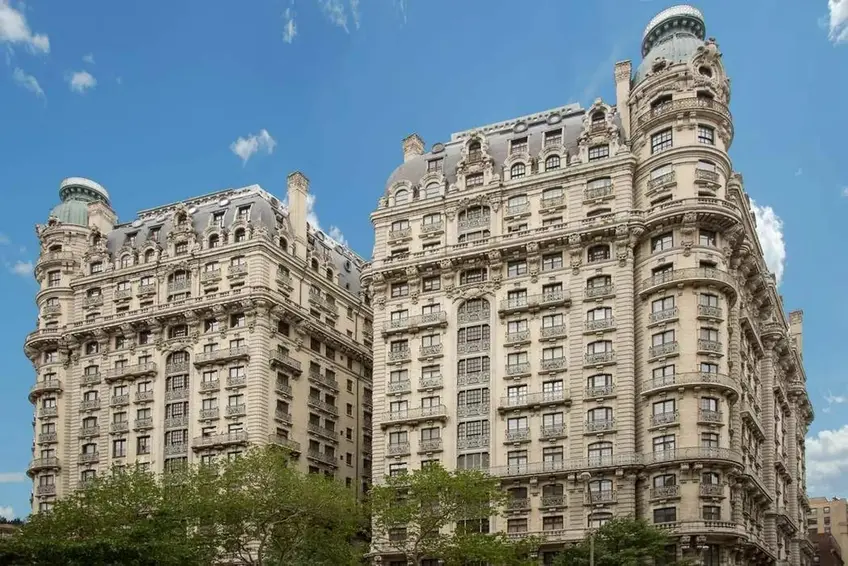
One of the most dreaded parts of owning an New York City coop or condo is the ever-looming possibility of being slapped with an assessment on top of the regular monthly fees. This article discusses when and why coops and condos apply assessments, how they are negotiated, and how to avoid purchasing in a building about to be hit with one.
In this article:
When and Why Coops and Condos Apply Assessments
In most cases, assessment fees are applied when a coop or condo faces an unexpected repair. In New York City, one of the most common reasons for an assessment is Local Law 11, which requires buildings over six stories high to have their facades inspected every five years. Since it is illegal for buildings to not comply with citywide guidelines on façade repairs and these repairs can be costly (extensive façade work can cost over $1 million), shareholders and owners frequently face high assessments as a result.
Other capital improvements can also lead to assessments. The assessment may be necessary (e.g., updating an old boiler or replacing windows) or result from a board decision to add a new amenity (e.g., a gym, common room, or roof-top garden).
Other capital improvements can also lead to assessments. The assessment may be necessary (e.g., updating an old boiler or replacing windows) or result from a board decision to add a new amenity (e.g., a gym, common room, or roof-top garden).
Because capital improvement projects, whether necessary or simply desired, are not already part of a building’s anticipated annual operating costs, they are typically covered by applying an assessment. In coops, the assessment is charged on top of one’s coop fees, and the amount is based on the leaseholder’s number of shares in the building (i.e., the more shares you have in the coop, the higher your assessment fee will be). In condos, the assessments is charged on top of one’s HOA fees and generally reflects the percentage of interest the owner has in the common property.
 The gracious common spaces in The Ansonia
The gracious common spaces in The Ansonia
How Assessments Fees Are Set and the Impact on Shareholders and Owners
Typically, a coop or condo board identifies a necessary or desired capital project, assesses the cost, and then creates a timeline for the project. In most cases, the fees will need to be collected before the proposed project’s completion, so the timeline for paying one’s assessment is typically short (e.g., one to three years).
In the case of a necessary repair (façade work), even if the board discusses the project with the building’s shareholders or owners, there isn’t much one can do to stop the project from moving ahead and from paying the assessment. But in cases where the project is negotiable, assessments can be highly controversial. For example, a coop might decide that they want to update their building’s décor. The board members and roughly half the tenants in the building may support the project, arguing that the renovation will ultimately raise the value of the building and its individual units. But aesthetic updates aren’t always an easy sell. Residents without as much disposable income, including retirees who may have chosen the current décor over two decades ago, may oppose the project.
Regulatory upkeep in New York City buildings is becoming increasingly expensive. "In addition to Local Law 11, many buildings from the 1950s and 1960s are having their risers and mains replaced, which often involves costly piping replacements," says Corey Cohen, founder of The Roebling Group, Real Estate Library, and author of Unlocking NYC Real Estate: A Comprehensive Guide to Buying Homes in the Big Apple. Expensive repairs like these contribute to rising monthly maintenance fees and common charges, and for co-ops with limited funds, high assessments may be necessary.
While it may seem unfair to be slapped with an assessment, as a shareholder or owner, once your board approves a project, you have little way to negotiate. In fact, if you fail to pay an assessment, whether you live in a coop or condo, the building can put a lien on your unit. This explains why high assessments, especially for unnecessary repairs, often result in multiple units being sold either before or during the assessment period. Fortunately, there are at least two ways to finance capital improvement projects that may help one avoid the immediate impact of a steep assessment.
First, as a shareholder or owner, you might attempt to persuade your building to take out a second mortgage instead. While your fees may still go up slightly (since you’ll now be paying off a second mortgage on the building itself), there is a notable advantage. Just as you’re able to write off the interest on your own mortgage, you can also write off the interest paid down on your coop’s or condo’s second mortgage. Also, while assessments are typically paid back over the course of the capital improvement project, a second mortgage repayment is typically spread over a decade, making the monthly impact much lower. Second, if your coop or condo isn’t able or interested in taking out a second mortgage, you could take out a second mortgage on your own unit, though in this case, the paperwork and credit impact will fall on you rather than on the building.

How to Avoid Buying in a Building About to Apply an Assessment
If you’re on the market for a coop or condo, it is best to avoid buying in a building that seems likely to impose an assessment in the near future. The obvious way to do this is to buy a new condo. Given that assessments are nearly always imposed for capital improvements, the newer the building, the less likely it is that you’ll be faced with an assessment in the immediate future.
If you’re buying a resale coop or condo, there is always a risk that the board may impose an assessment in the future, but there are ways to manage the risk. The first and most important step is to ensure the attorney representing you during the sale does their due diligence and reads all recent board meeting minutes. Reviewing the coop or condo board’s minutes, your attorney will be able to flag any major repairs or other capital improvement projects on the horizon.
This review can also uncover any recently completed Local Law 11 inspections or capital improvement projects. While not a guarantee of avoiding assessments forever, one is less likely in the near future in such instances.
This review can also uncover any recently completed Local Law 11 inspections or capital improvement projects. While not a guarantee of avoiding assessments forever, one is less likely in the near future in such instances.
Would you like to tour any of these properties?
Just complete the info below.
Or call us at (212) 755-5544
Listings with Local Law 11 work recently finished
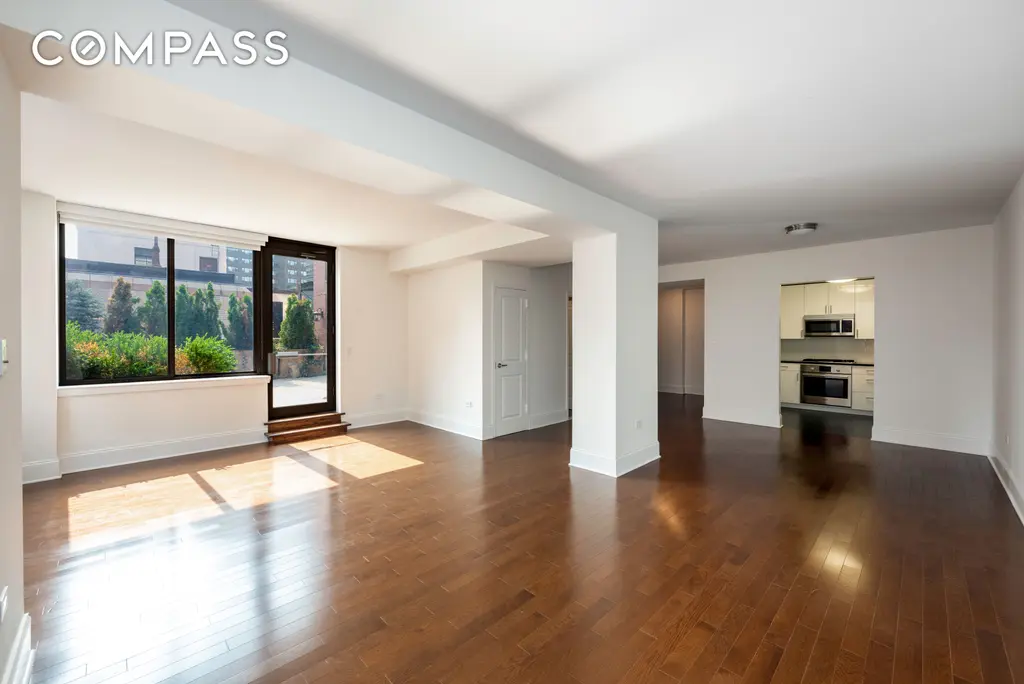
300 East 64th Street, #7H (Compass)
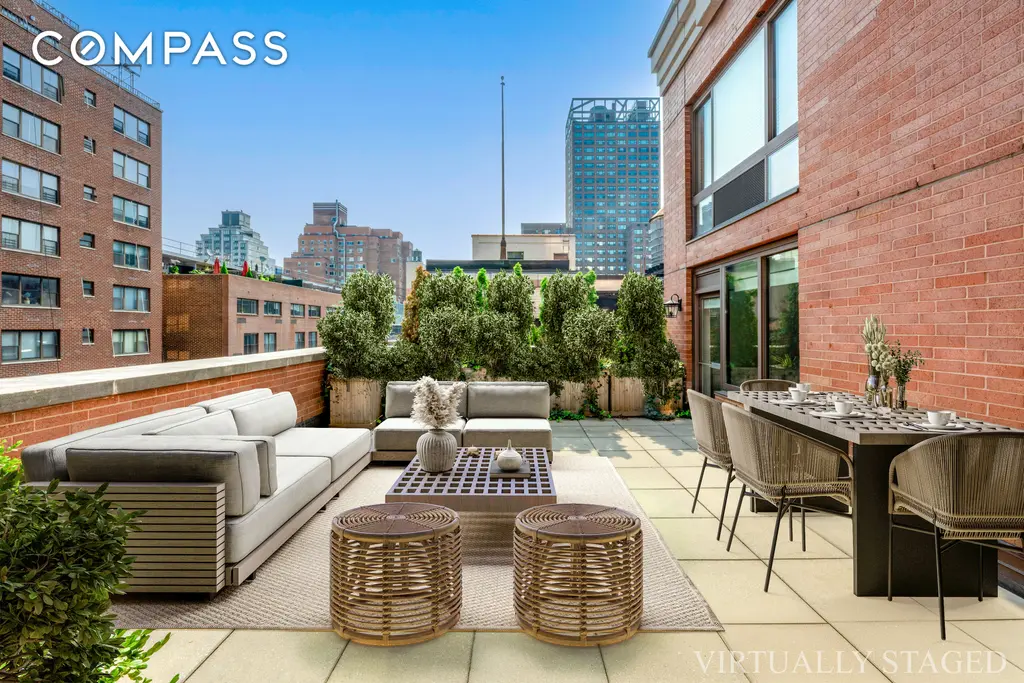
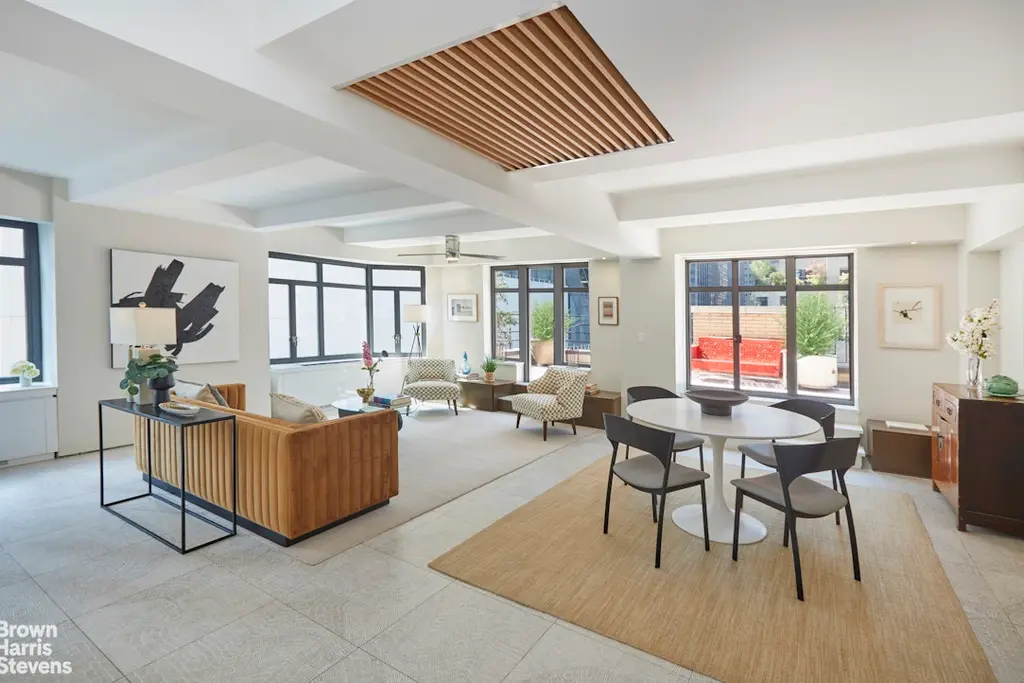
Regent House, #11E/12F (Brown Harris Stevens Residential Sales LLC)
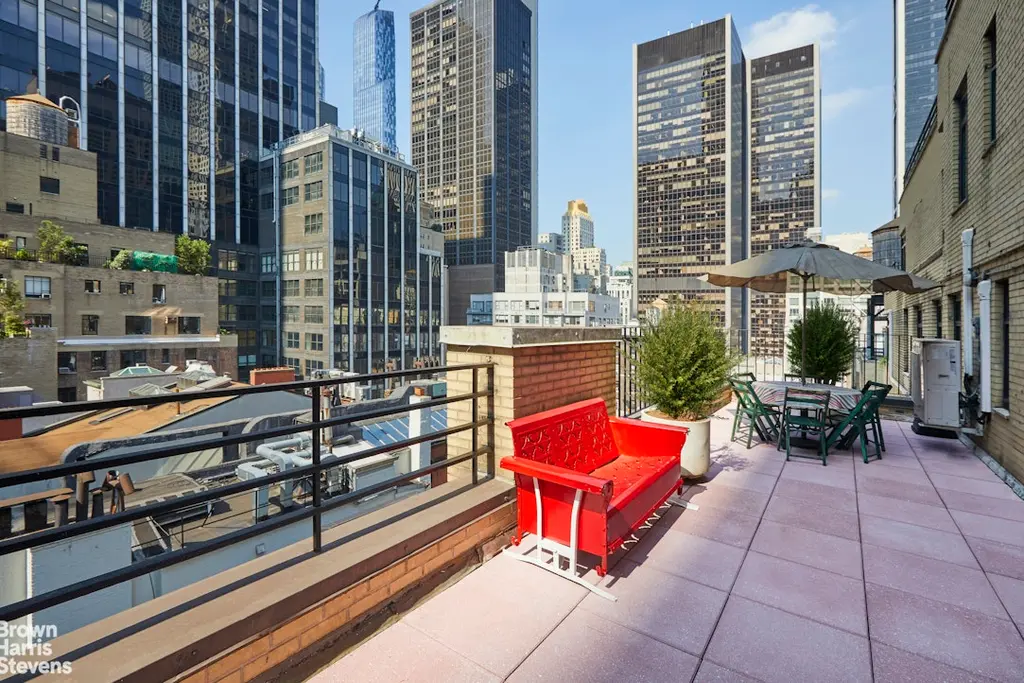
Windsor Tower, #PH5
$1,875,000 (-3.8%)
Turtle Bay/United Nations | Cooperative | 1 Bedroom, 1.5 Baths
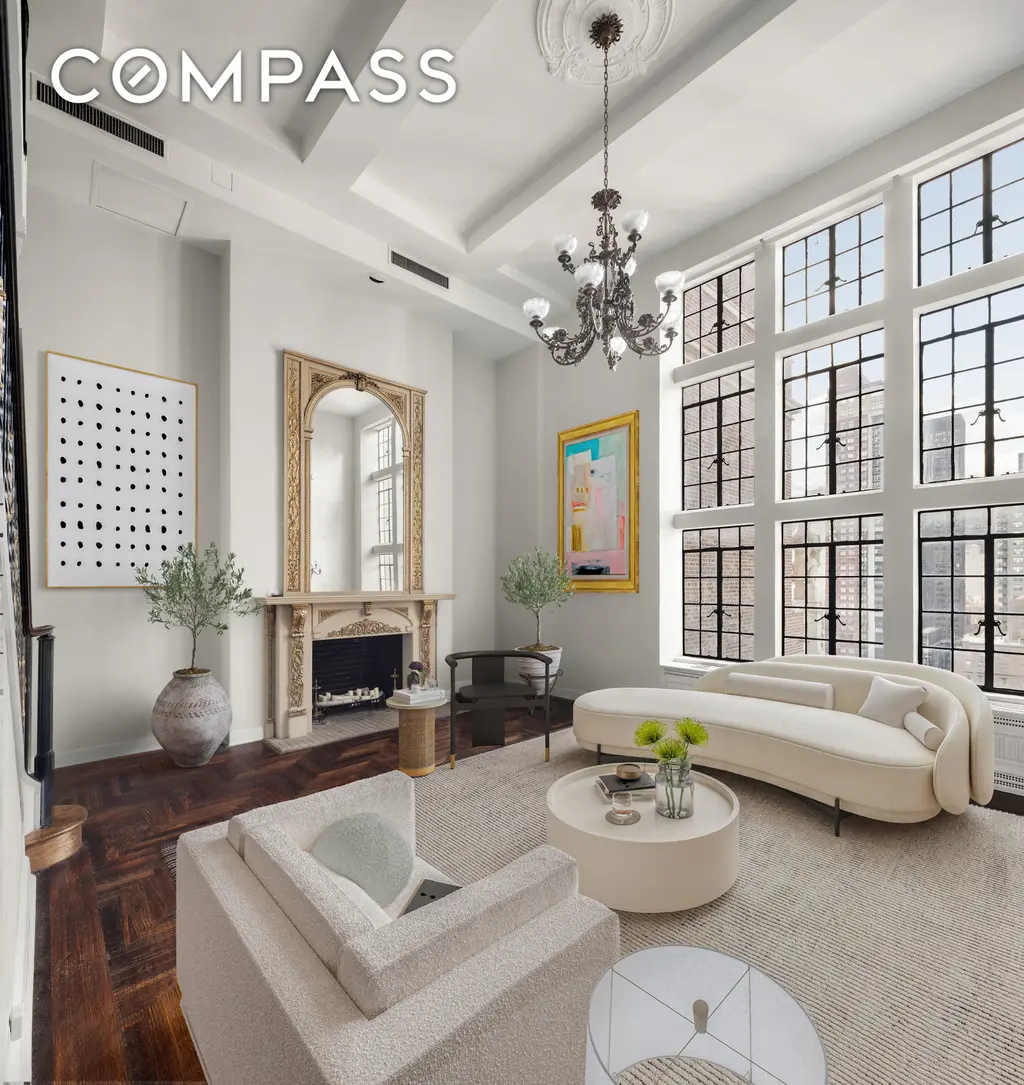
Windsor Tower, #PH5 (Compass)
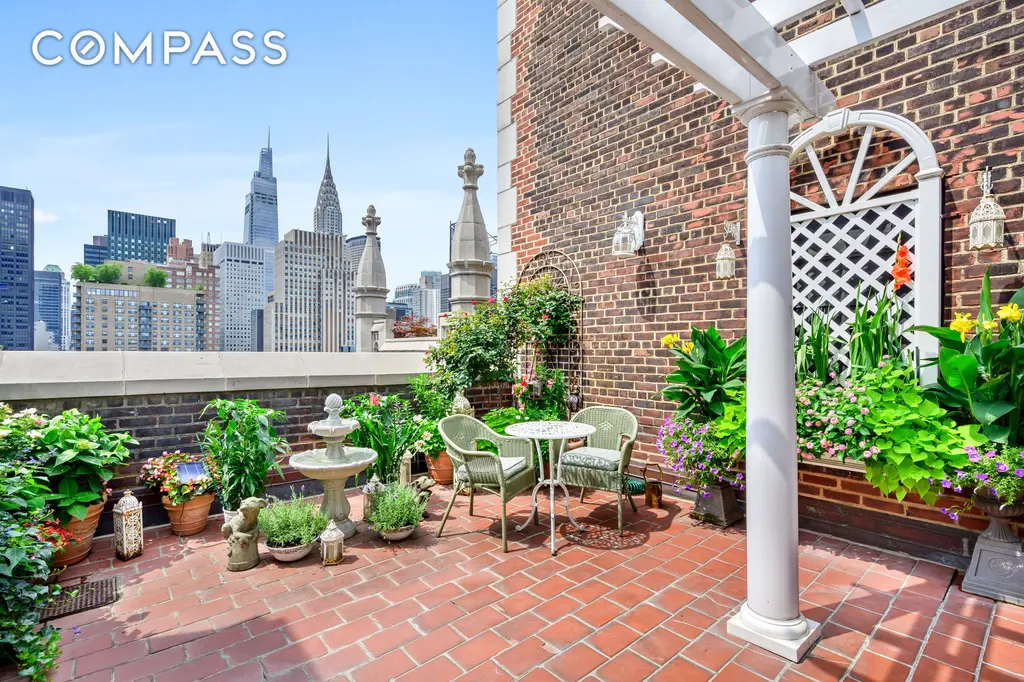
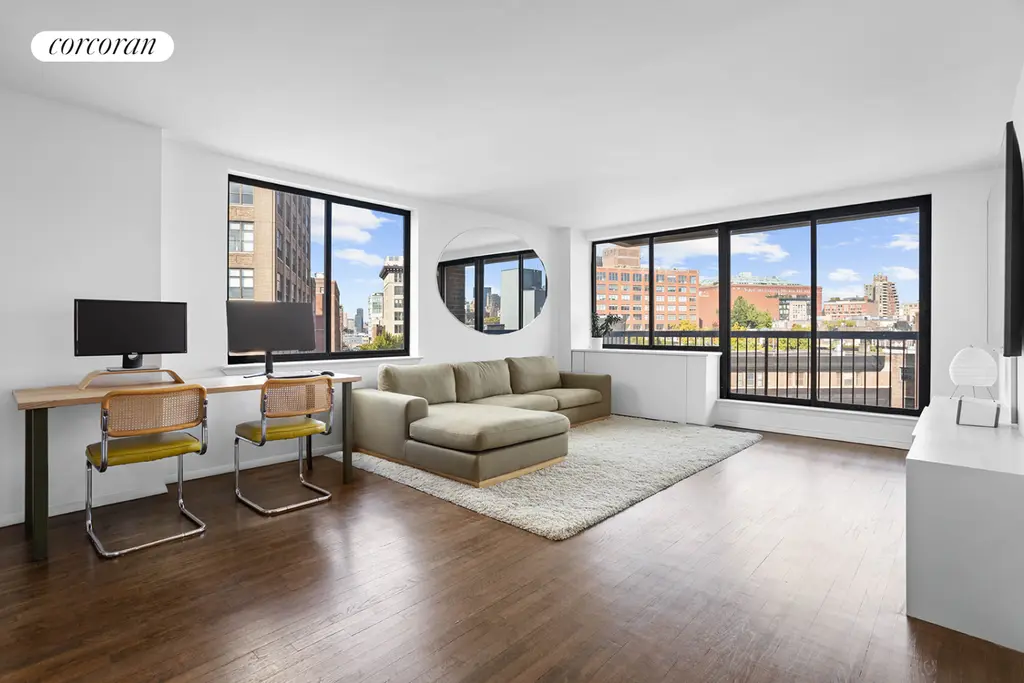
Downing Court, #7D (Corcoran Group)
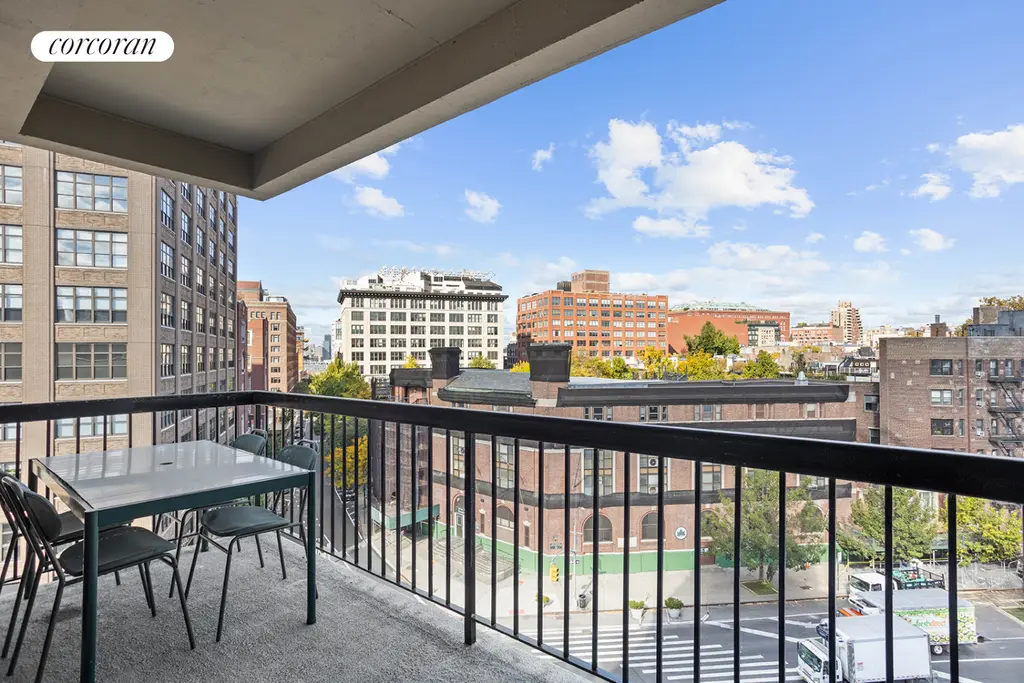
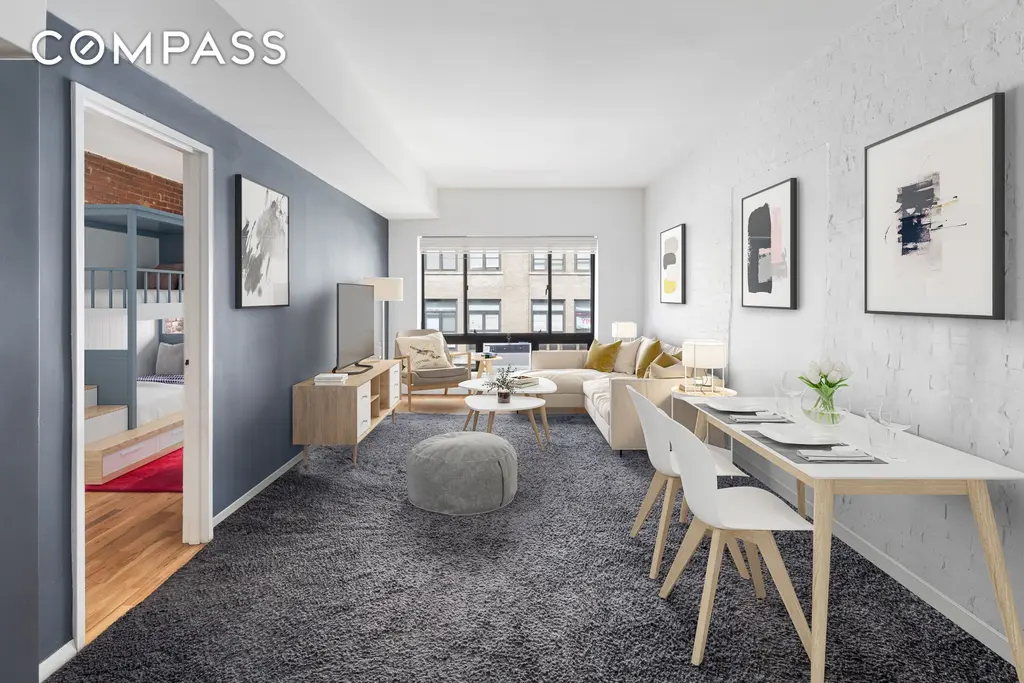
The Albert, #5A (Compass)

The Chelsea Warren, #3D (Elegran LLC)
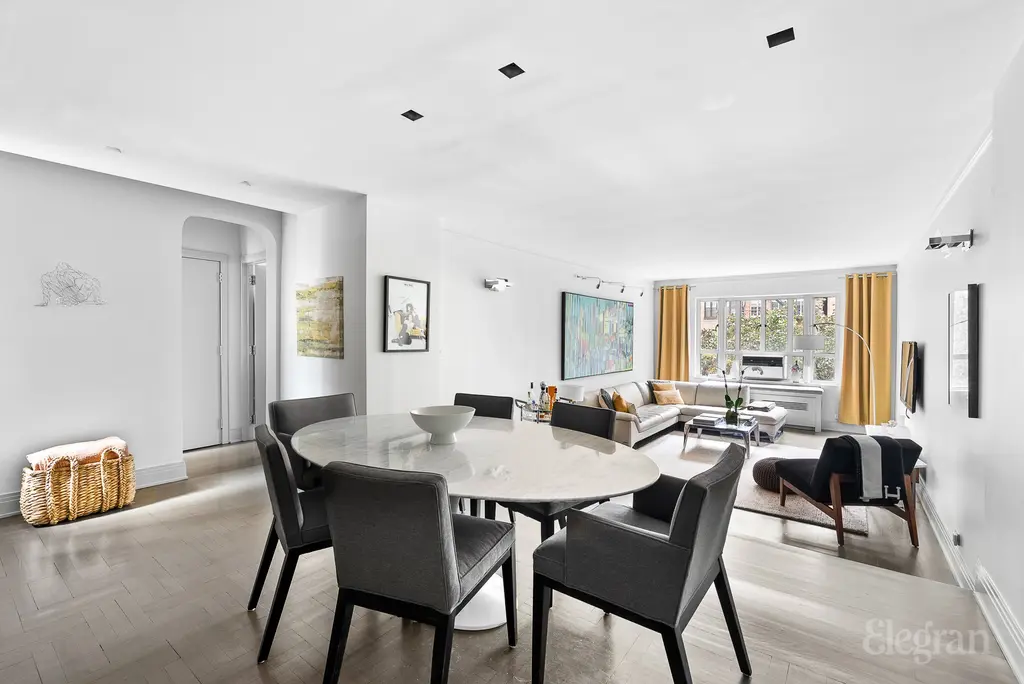
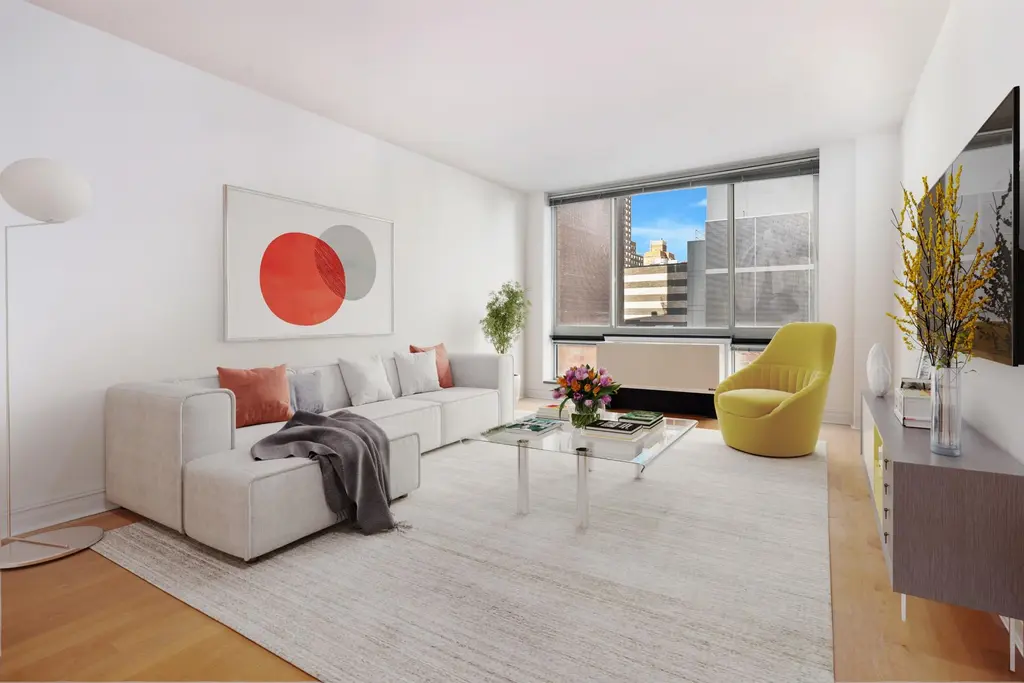
Bridge Tower Place, #5F (Douglas Elliman Real Estate)
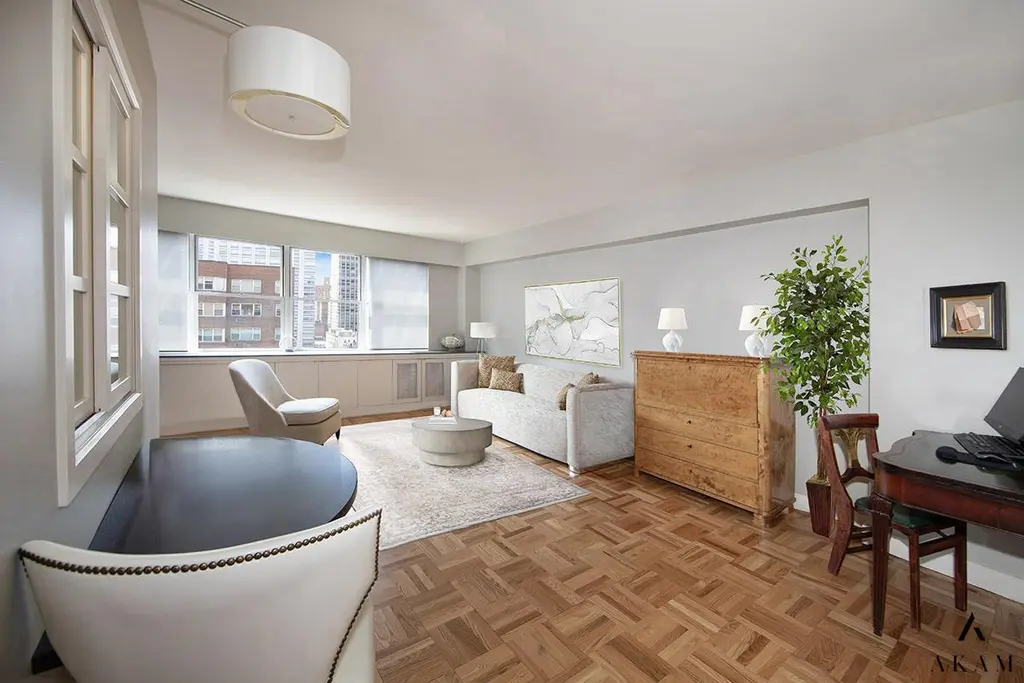
The Theso, #17J (Akam Sales & Brokerage Inc)
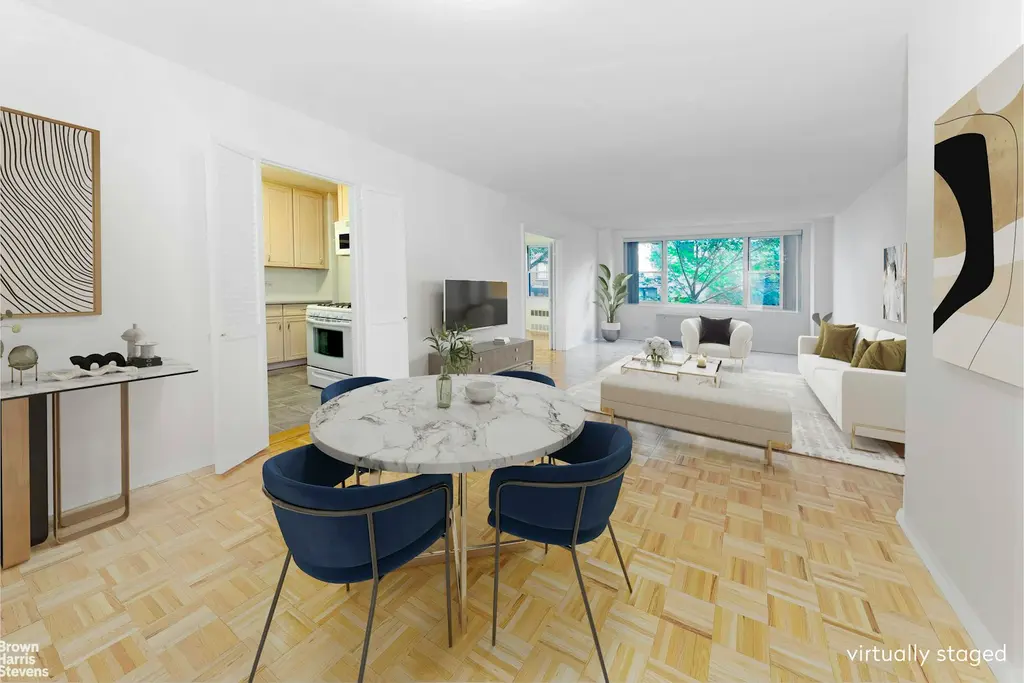
The Larrimore, #2A (Brown Harris Stevens Residential Sales LLC)
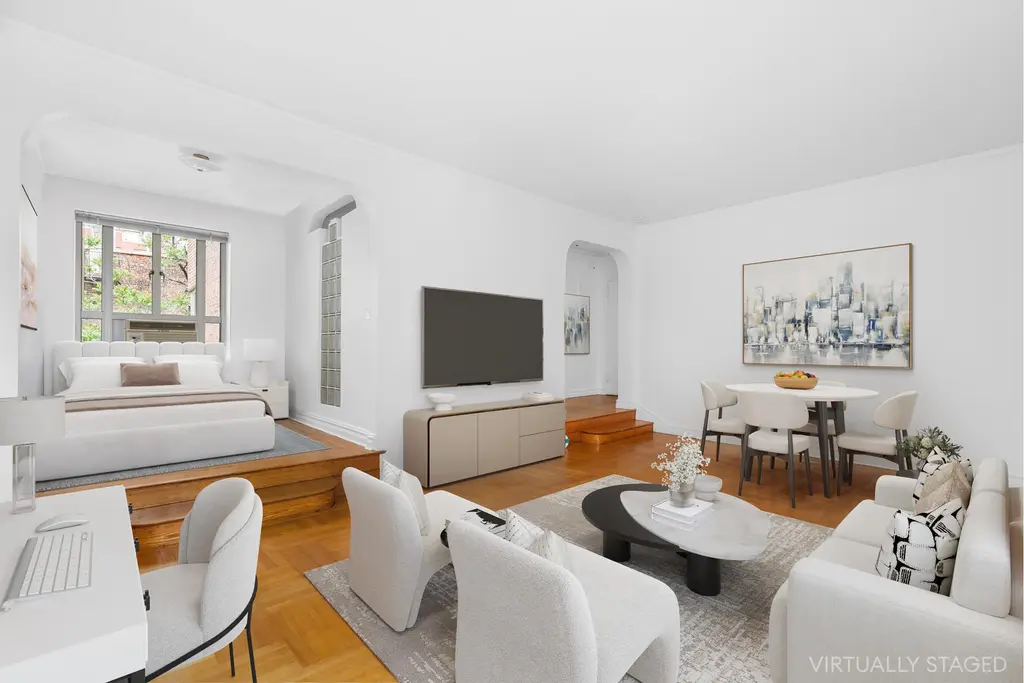
The Chelsea Warren, #6J (Douglas Elliman Real Estate)
Current Listings with Buyer Incentives
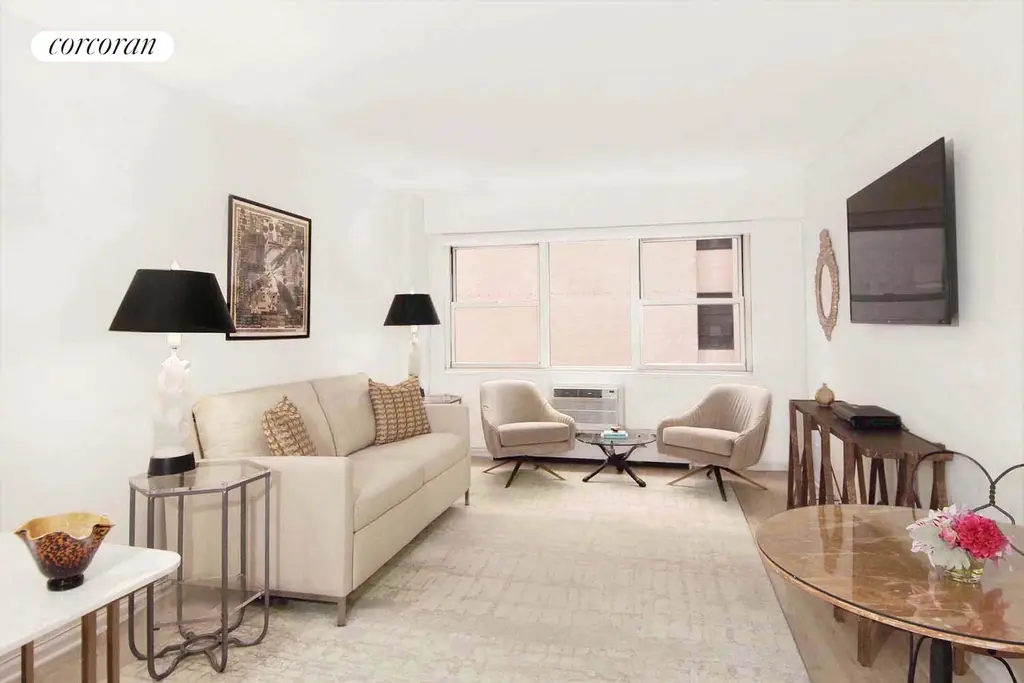
The Gotham Town House, #9K (Corcoran Group)
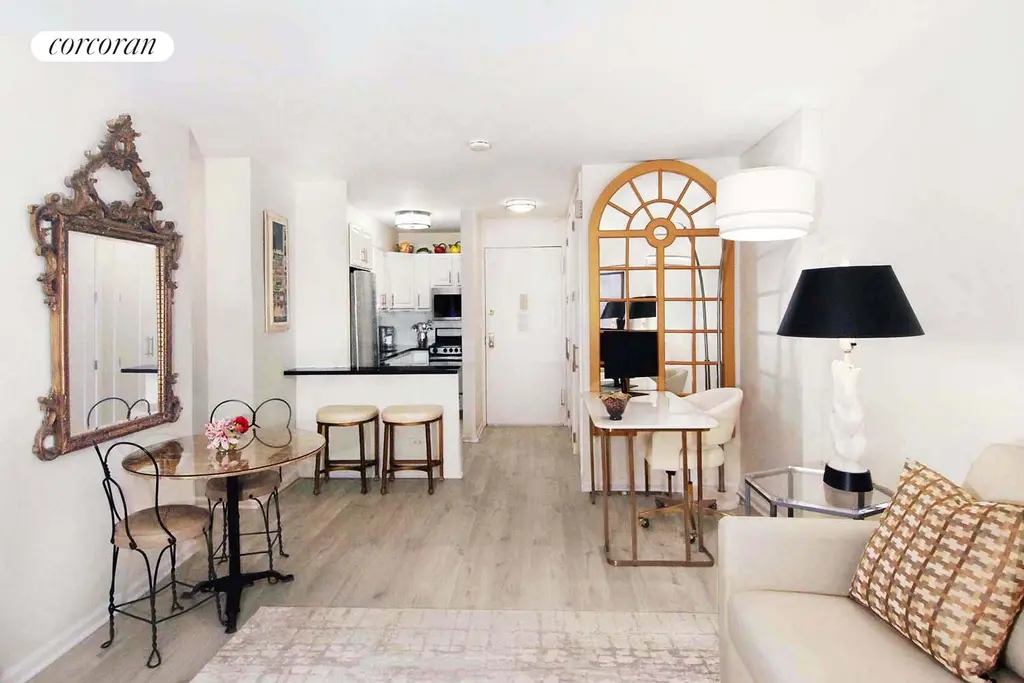
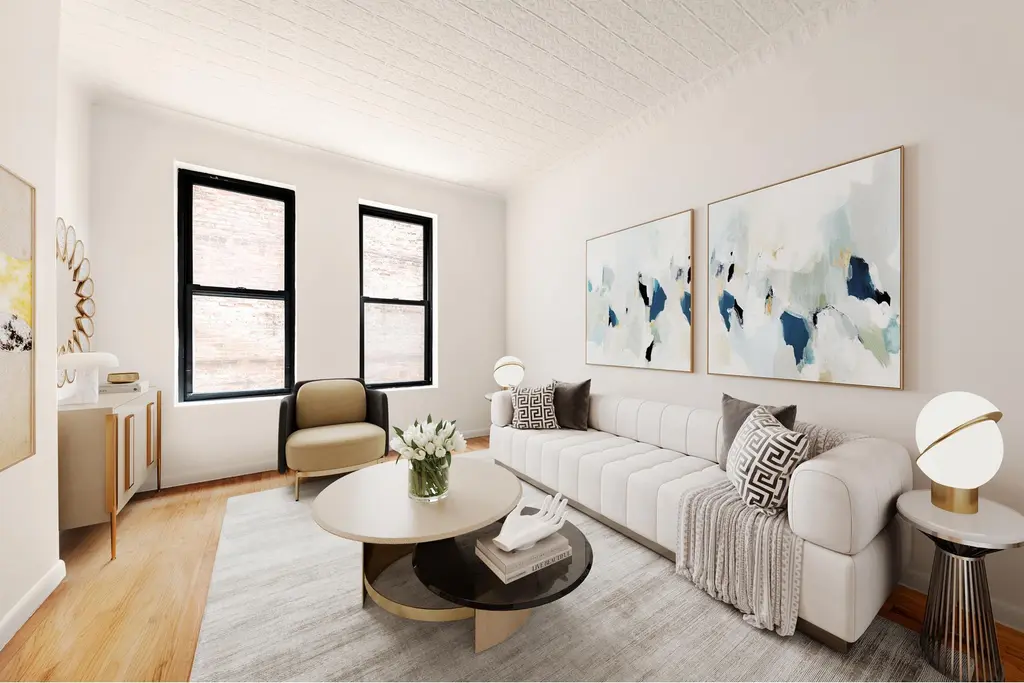
332 East 77th Street, #3 (Douglas Elliman Real Estate)
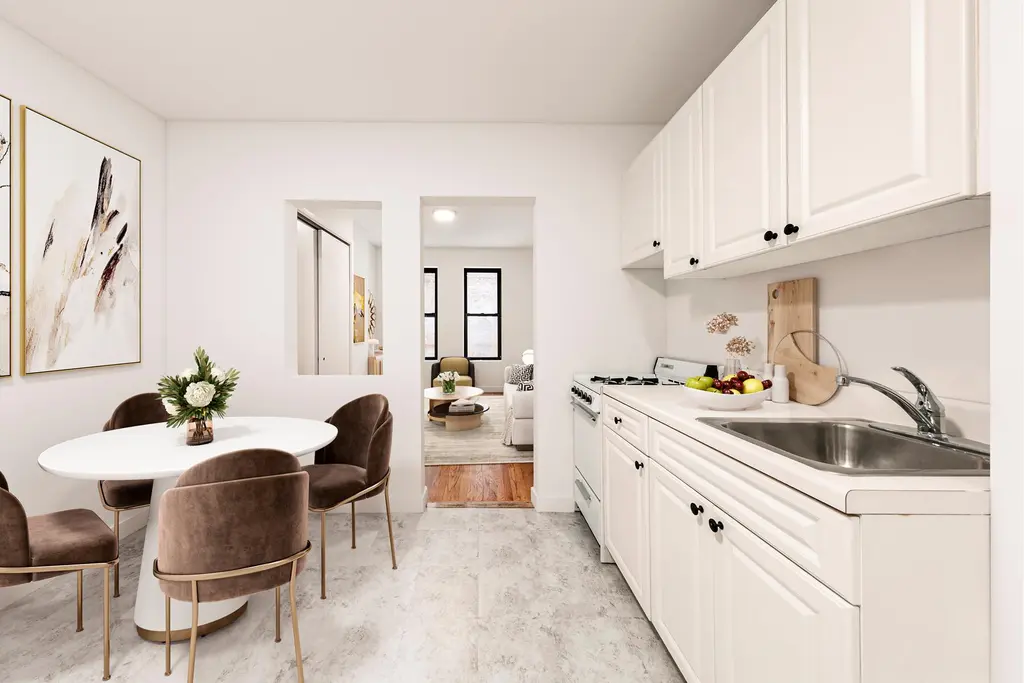
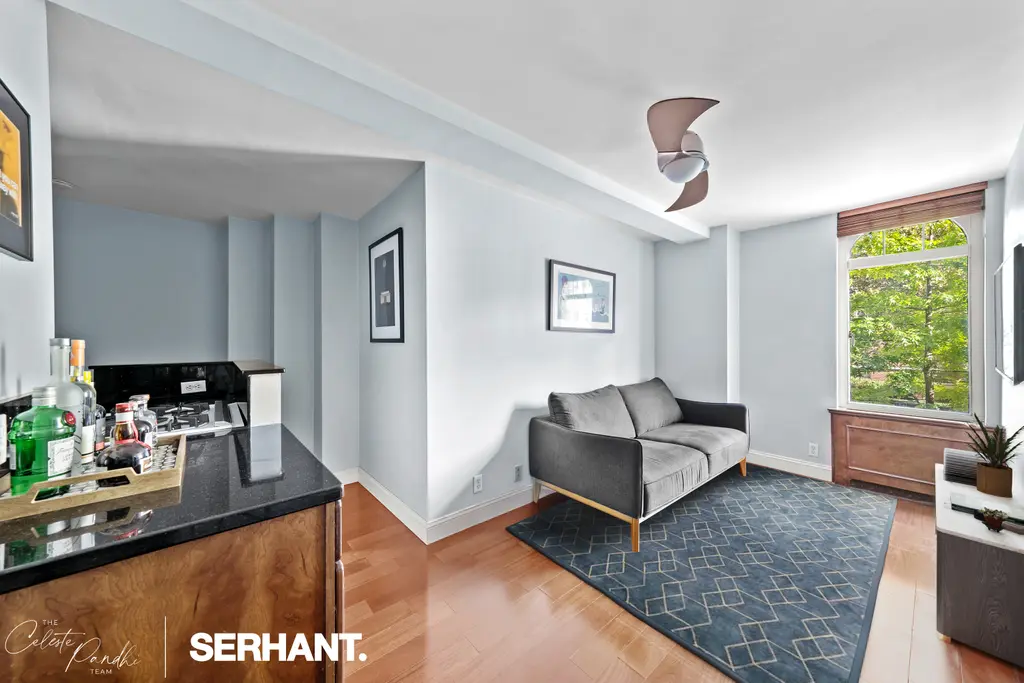
London Terrace Towers, #2D (Serhant)
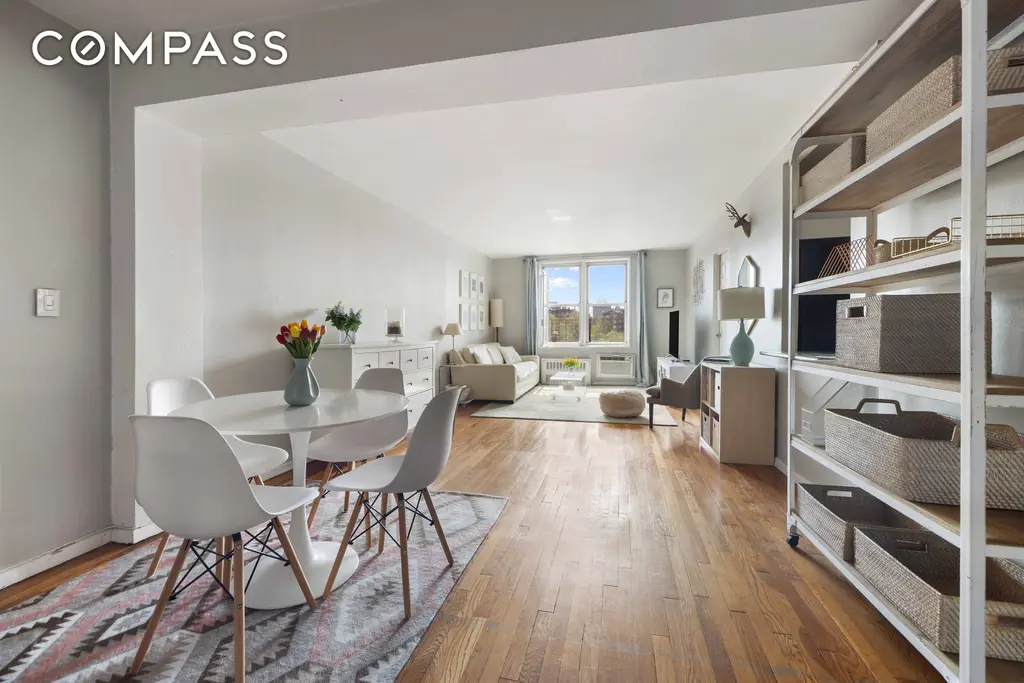
100 Overlook Terrace, #511 (Compass)
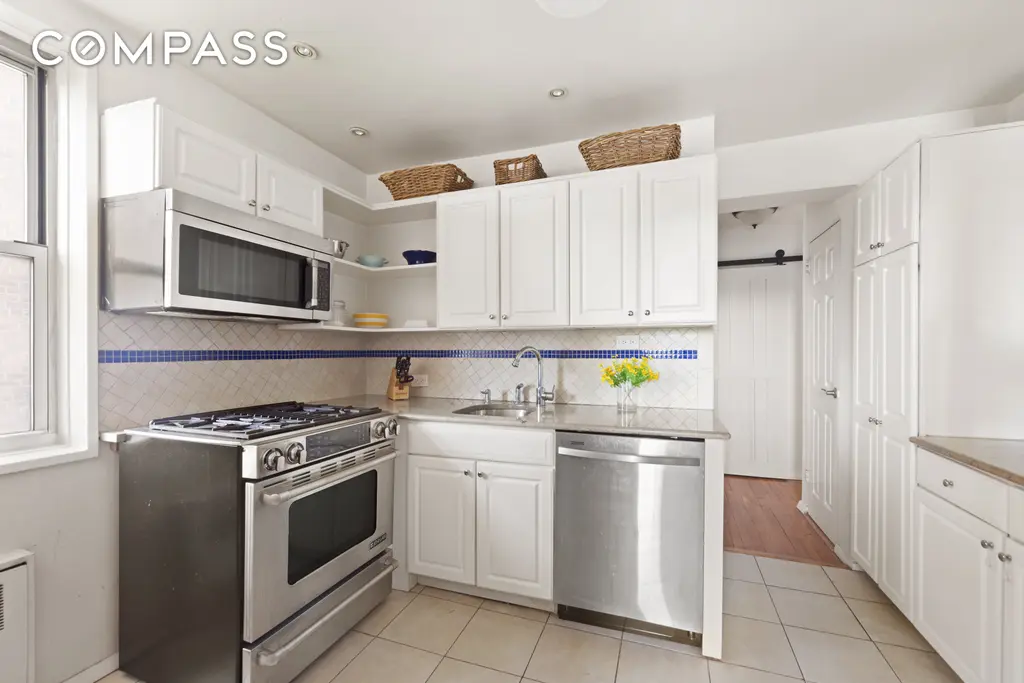
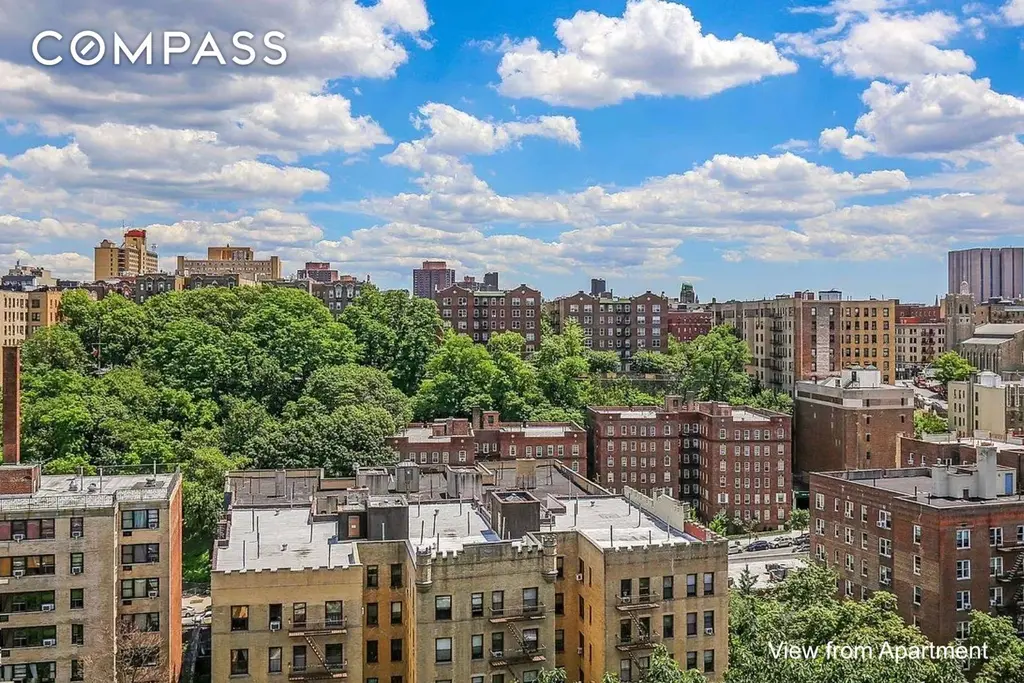
Would you like to tour any of these properties?
Just complete the info below.
Or call us at (212) 755-5544
Would you like to tour any of these properties?

Contributing Writer
Cait Etherington
Cait Etherington has over twenty years of experience working as a journalist and communications consultant. Her articles and reviews have been published in newspapers and magazines across the United States and internationally. An experienced financial writer, Cait is committed to exposing the human side of stories about contemporary business, banking and workplace relations. She also enjoys writing about trends, lifestyles and real estate in New York City where she lives with her family in a cozy apartment on the twentieth floor of a Manhattan high rise.


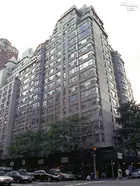

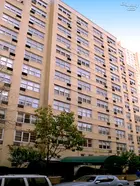
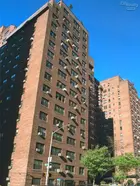
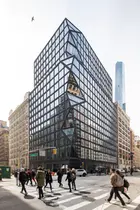
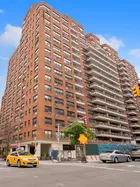

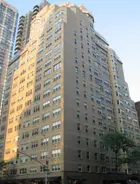
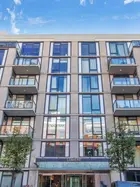


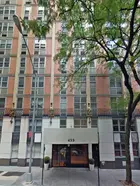
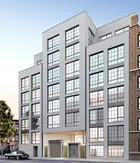
 6sqft delivers the latest on real estate, architecture, and design, straight from New York City.
6sqft delivers the latest on real estate, architecture, and design, straight from New York City.
